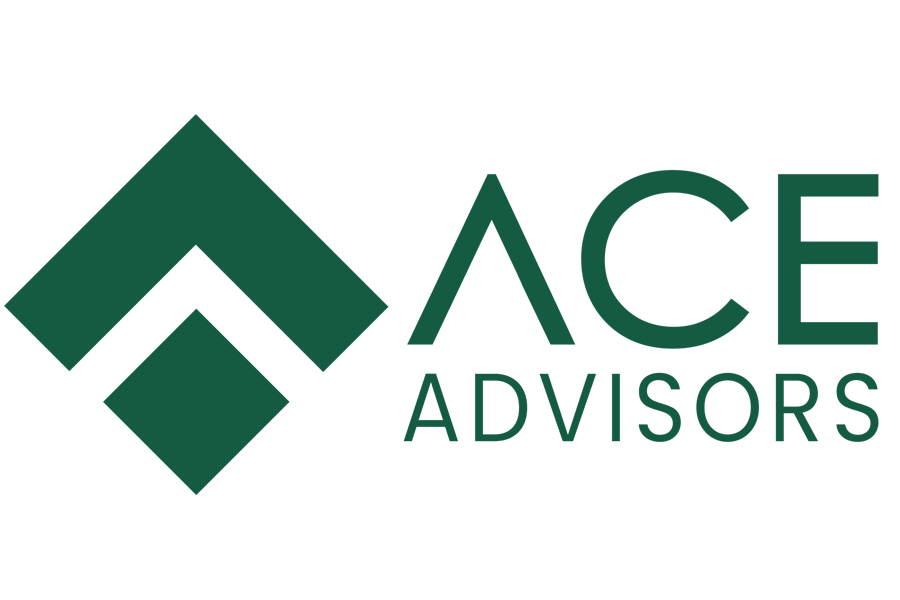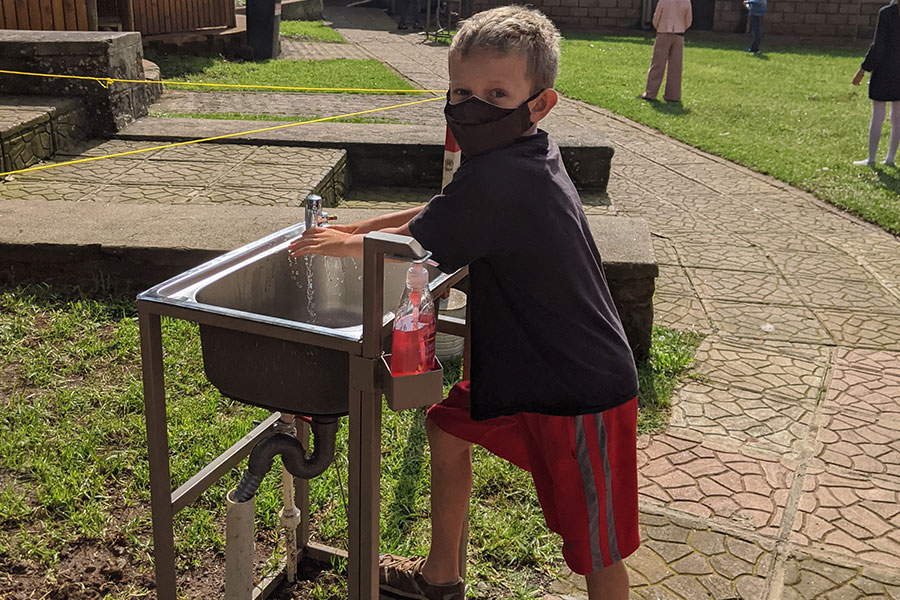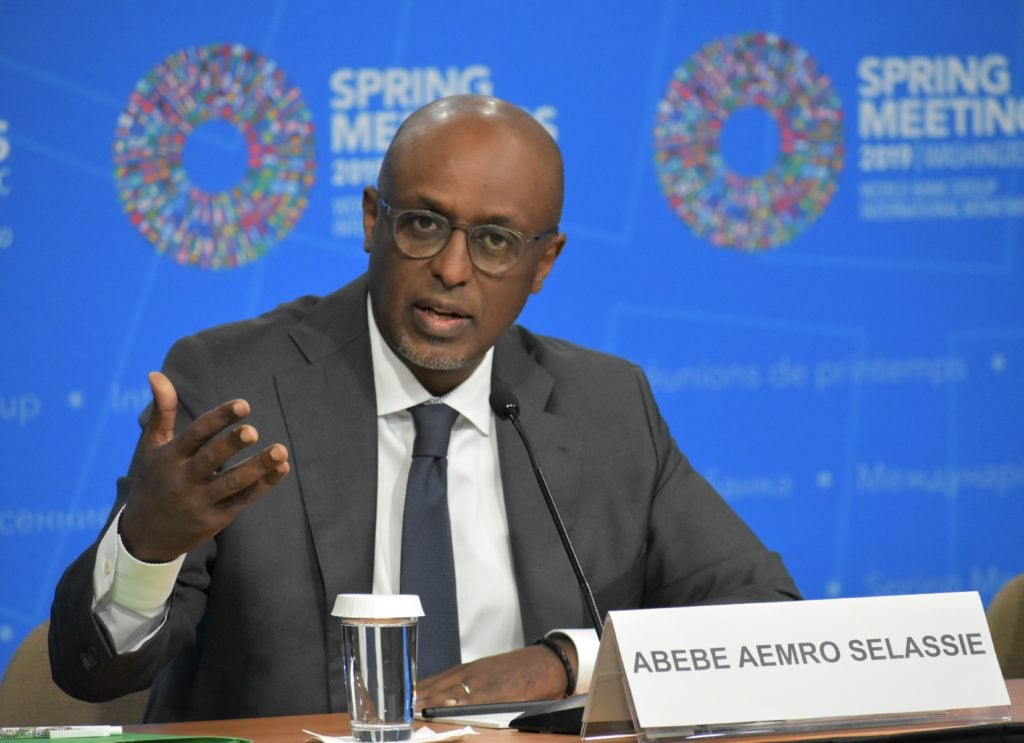
My Opinion | Dec 04,2021
Apr 24 , 2021
By Shewangezaw Seyoum
Aplethora of activities and events have been entertained in the area of higher education recently. The Ministry of Science & Higher Education has been engaging in popularising its strategic plan that is intended to change the face of tertiary learning in the country. The Higher Education Relevance & Quality Agency (HERQA), the federal agency in charge of regulating the higher education sector, was also to be restructured and its reporting duties separated from the Ministry.
On top of this, a review of higher education curriculum is also soon to follow. The significance of these endeavours goes beyond higher education - a sector deemed an enabler for the overall socio-economic development of the nation.
The current state of higher education in Ethiopia leaves much to be desired as it is marred by widely acknowledged issues of quality, relevance and equity. Multiple universities being opened up to address issues of outreach has created quality compromises of its own. HERQA is, for instance, reviewing the quality of the 51 public universities across the country, which will include an assessment of their programmes, courses and facilities.
Some institutions of higher learning have programmes copied from preexisting universities, and facilities and resources, such as laboratories and libraries, are lacking.
One critical area that needs emphasis and deserves attention is student assessment. During their stay at colleges and universities, students are subjected to different tests and examinations. They labour hard, cramming night after night in anticipation of a typical exam. Such exams usually involve facts, terms and properties of objects or the use of procedures and formulas. A student answering such exams either knows the answer or does not; that is, the solution does not need to be “figured out” or “solved.” There is little transformation or extended processing of the knowledge.
In essence, these assessment practices mainly focus on measuring limited student ability and give disproportionate weight to recalling and reproduction. However, simply remembering facts or principles and correctly replicating certain procedures do not ensure success in meeting real-world challenges. Indeed, the divorce of content from the application has adversely affected our educational system.
Under the current challenging environment, students need to find, evaluate, synthesise, and use knowledge in new contexts, frame and solve non-routine problems, and produce research findings and solutions. They are also required to acquire well-developed thinking, problem solving, design and communication skills. This is not to argue against basic literacy skills that many learners of all ages still lack. Often the reality of the nation demands high levels of both skill sets.
What is needed is shaping the curriculum and instruction around critical thinking, problem-solving, self-management and collaboration. Teaching should also be offered in context, and students should learn content while solving real-world problems. For all of these, an appropriate higher education assessment will play an instrumental role.
Currently, public universities can be established and become open to students without the blessing of HERQA. Following this, the Agency’s own structural shortcomings – in terms of human resources and funding – prohibits it from accrediting them. The initiative to imbue the Agency with more mandates and resources to oversee the process and output of universities and to conduct market analysis is an important start.
This promising start could be improved by allowing further decentralisation of the education system. This could include incentivising institutions of higher learning to develop their curriculum and entry requirements after careful accreditation and appraisal by the Agency.
But doubling down on the current route will likely mean that the labour market would continue to be starved of the skills needed in the evolving economy.
PUBLISHED ON
Apr 24,2021 [ VOL
22 , NO
1095]


My Opinion | Dec 04,2021

Commentaries | Oct 26,2019


Agenda | Oct 03,2020

Exclusive Interviews | Apr 13,2019

Photo Gallery | 180016 Views | May 06,2019

Photo Gallery | 170211 Views | Apr 26,2019

Photo Gallery | 161215 Views | Oct 06,2021

My Opinion | 137240 Views | Aug 14,2021

Dec 22 , 2024 . By TIZITA SHEWAFERAW
Charged with transforming colossal state-owned enterprises into modern and competitiv...

Aug 18 , 2024 . By AKSAH ITALO
Although predictable Yonas Zerihun's job in the ride-hailing service is not immune to...

Jul 28 , 2024 . By TIZITA SHEWAFERAW
Unhabitual, perhaps too many, Samuel Gebreyohannes, 38, used to occasionally enjoy a couple of beers at breakfast. However, he recently swit...

Jul 13 , 2024 . By AKSAH ITALO
Investors who rely on tractors, trucks, and field vehicles for commuting, transporting commodities, and f...

Nov 1 , 2025
The National Bank of Ethiopia (NBE) issued a statement two weeks ago that appeared to...

Oct 25 , 2025
The regulatory machinery is on overdrive. In only two years, no fewer than 35 new pro...

Oct 18 , 2025
The political establishment, notably the ruling party and its top brass, has become p...

Oct 11 , 2025
Ladislas Farago, a roving Associated Press (AP) correspondent, arrived in Ethiopia in...

Nov 2 , 2025
The National Bank of Ethiopia (NBE) has scrapped the credit-growth ceiling that had s...

Nov 2 , 2025 . By SURAFEL MULUGETA
The burgeoning data mining industry is struggling with mounting concerns following th...

Nov 2 , 2025 . By YITBAREK GETACHEW
Berhan Bank has chosen a different route in its pursuit of a new headquarters, opting for a transitional building instea...

Nov 2 , 2025 . By BEZAWIT HULUAGER
Nib International Bank S.C. has found itself at the epicentre of a severe governance...